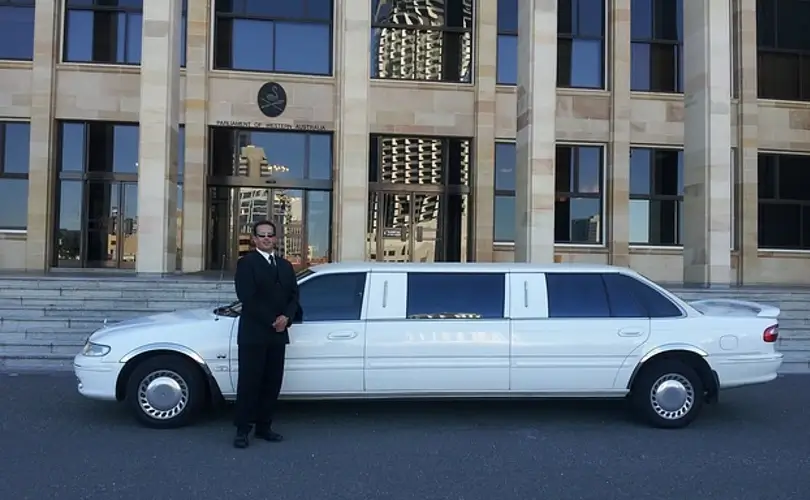Luxury services are hedonic experiences with a high degree of exclusivity. Unlike luxury goods, often physical items, services are intangible and can be consumed on demand. Consequently, service characteristics such as non-ownership and the three additional Ps (people, process, and physical facilities) are crucial for luxury services to create and sustain customer-perceived exclusivity. Furthermore, the increasing popularity of social and hedonic exclusivity in luxury has increased the importance of service-specific features.
Transportation Services
One such example is chauffeured transportation services. When arriving for meetings, a chauffeured limousine or jet can make a great first impression on visitors and clients. They also provide the comfort and security that makes you feel like a VIP. Additionally, services closely follow COVID-19 safety guidelines to guarantee the security of their workers and clients. For example, chauffeured car services will sanitize the entire interior of their vehicles between each client, including any high-touch surfaces that could have come into contact with the previous passenger’s contaminated clothes and skin.
Similarly, other luxury concierge services offer members various personal services to help them manage their lifestyles and businesses. For example, one company will manage a second or third home; book superstar singers for a wedding in the Mediterranean; remember an employee’s birthday with a personalized gift; or assist with real estate purchases and business acquisitions. These services are aimed at the wealthy who want to offload time-consuming tasks that they do not have the expertise or time to manage themselves.
Concierge
The most popular and established luxury concierge companies are based in the United States, United Kingdom, and Hong Kong. One of the largest is Quintessentially Group, founded in 2000 in London and currently operates with offices in 63 cities worldwide. It has a network of over 33 sister companies that cover all aspects of luxury living.
These firms help their members with travel, dining, shopping, well-being, daily errands, childcare, automobiles, events, real estate, and sourcing rare items and unique experiences. Several of these services have mobile apps that allow members to request assistance and track their progress quickly. The app can be used on any device, allowing members to chat live with concierge agents.
Although a significant amount of literature exists on luxury goods, the field of luxury services still needs to be explored. This article opens up this new area of research by examining the key characteristics of luxury services, linking these to relevant frameworks from both the service and luxury literature, and deriving implications for both theory and practice. Specifically, this paper defines and differentiates luxury services from luxury goods and ordinary services; discusses the role of psychological ownership, consumer perceptions of conspicuous consumption, and luxury’s additional types of exclusivity; and provides suggestions for improving services considered luxurious by consumers. Small and medium-sized enterprises can use these insights to enhance their service offerings to become more luxurious. By incorporating luxury-level customer service into their businesses, they can attract and retain affluent consumers while maximizing revenue.

Dominic E. is a passionate filmmaker navigating the exciting intersection of art and science. By day, he delves into the complexities of the human body as a full-time medical writer, meticulously translating intricate medical concepts into accessible and engaging narratives. By night, he explores the boundless realm of cinematic storytelling, crafting narratives that evoke emotion and challenge perspectives. Film Student and Full-time Medical Writer for ContentVendor.com



